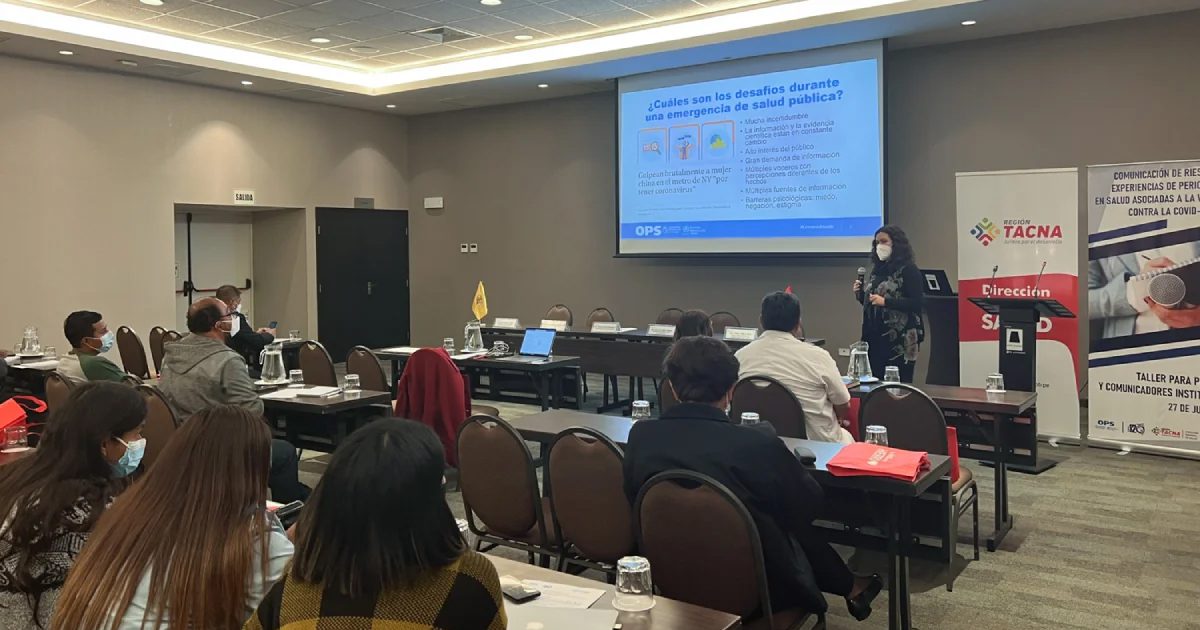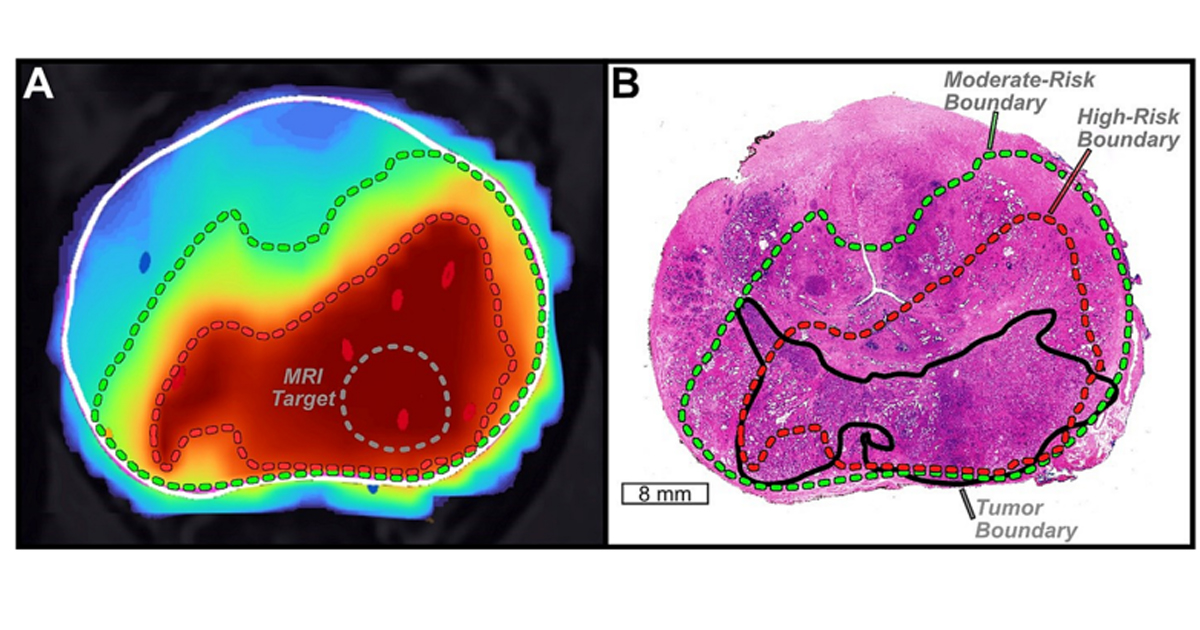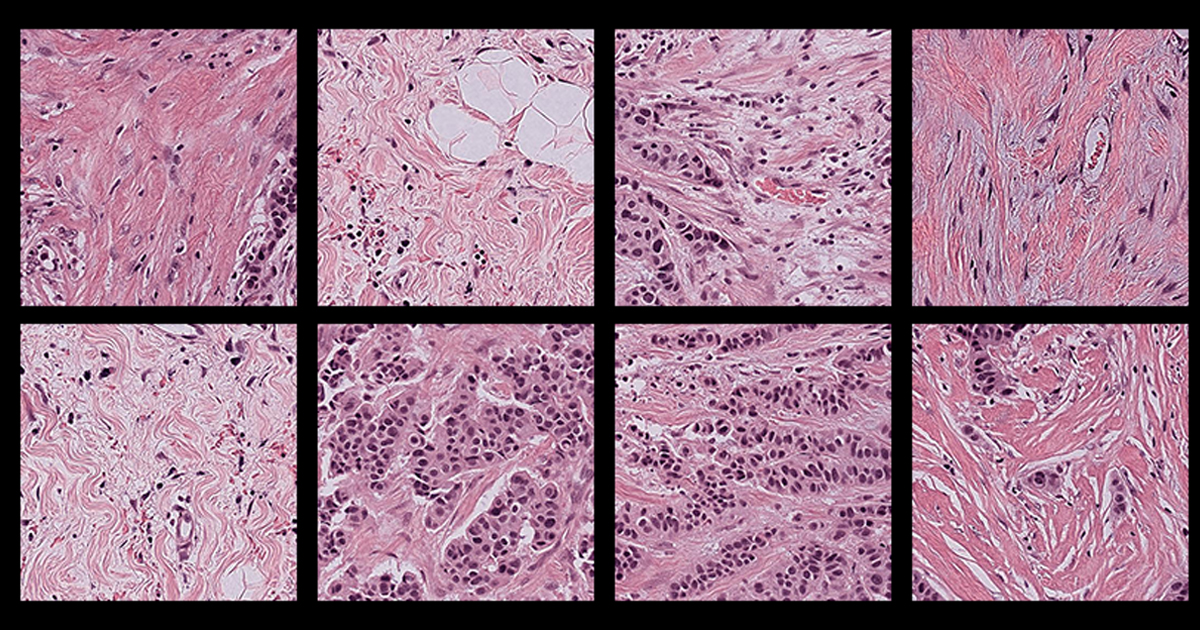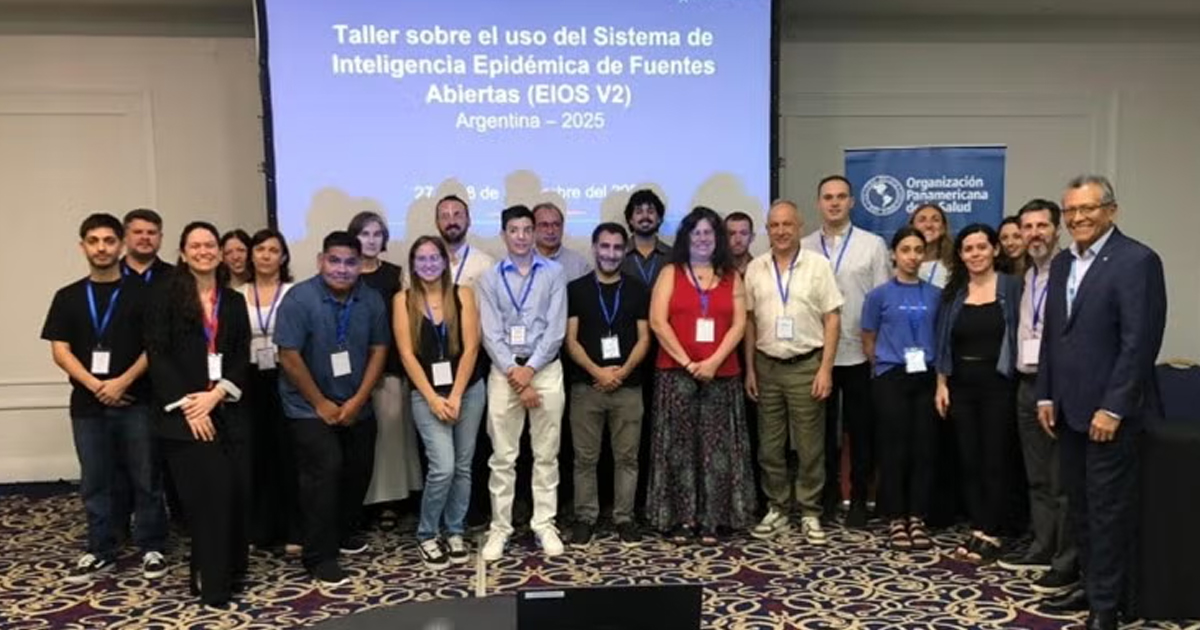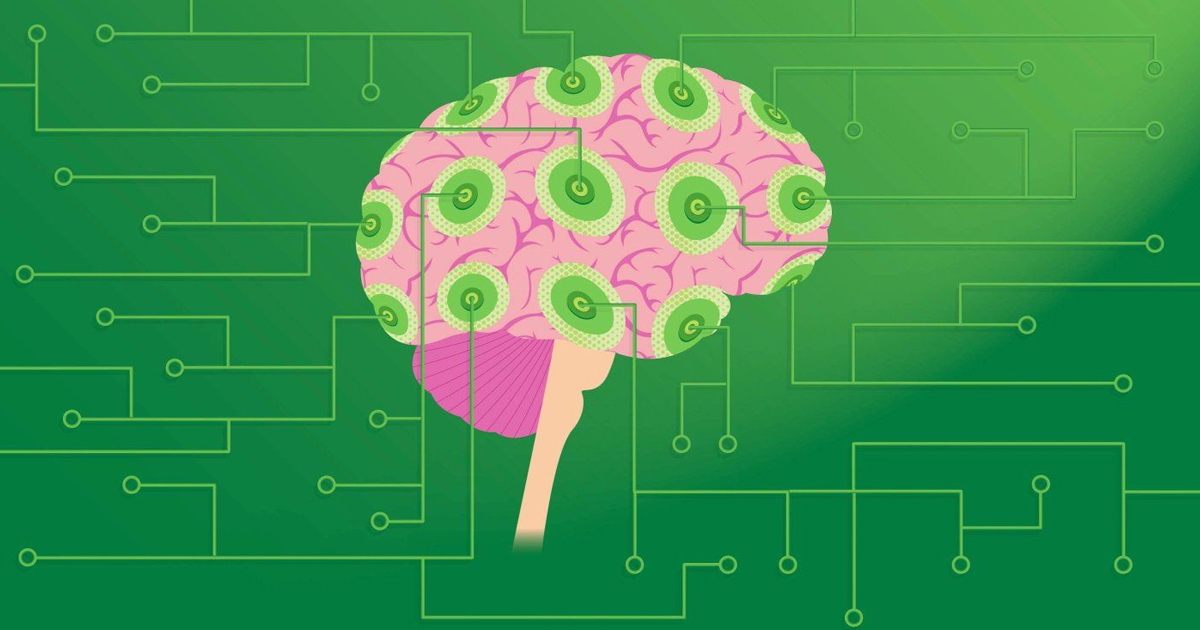La Organización Mundial de la Salud (OMS), ha compartido una serie de recomendaciones y características para identificar si una noticia es falsa o verídica.
Desde el comienzo de la pandemia de COVID-19 la sobre abundancia de información también conocido como infodemia ha propiciado que información errónea y no verificada sea compartida de forma masiva. La OMS advierte sobre la veracidad de la información que se puede encontrar en Internet y la necesidad de verificar contenidos informativos antes de pensar en su difusión. Especialmente aquellos relacionados con vacunas y procesos de vacunación, COVID-19 y más.
La OMS explica que la difusión de información falsa puede costarles la vida a muchas personas o provocar consecuencias graves. La información falsa utilizada para engañar puede dar entrada a problemas de salud, por ejemplo, la recomendación de medicamentos no autorizados, o la negación de los esquemas de vacunación a infantes.
Antes de compartir alguna noticia que circula en línea, es necesario verificar la información para asegurarse de que no se está contribuyendo a la propagación de contenido falso. Estas son las características que la OMS recomienda revisar en un cualquier contenido informativo relacionado con salud pública:

Font: Confíe en fuentes oficiales para obtener información médica y de seguridad. Verifique los datos sobre vacunas y coronavirus de la OMS y sus autoridades de salud pública nacionales y locales.
Headline: Los titulares no siempre cuentan la historia completa. Siempre lea hasta el final antes de compartir artículos sobre el coronavirus, incluidos los relacionados con las vacunas.
Analyze: Analizar los hechos. Si algo suena increíble, muy bien podría serlo. Los servicios independientes de verificación de datos corrigen información falsa sobre el coronavirus y las vacunas todos los días.
Imágenes retocadas o editadas: Tenga cuidado con las imágenes y videos engañosos en las historias sobre las vacunas contra el coronavirus. Pueden estar editados o mostrar un lugar o evento no relacionado. Verifique quién más está usando la foto.
Errores ortográficos y gramaticales: Busque errores. Los errores tipográficos y otros errores pueden significar que la información es falsa.
A continuación, algunos recursos de la OMS sobre temas actuales de salud pública:
Información sobre vacunas y procesos de vacunación: https://www.who.int/emergencies/diseases/novel-coronavirus-2019/covid-19-vaccines
Myths about COVID-19: https://www.who.int/emergencies/diseases/novel-coronavirus-2019/advice-for-public/myth-busters


